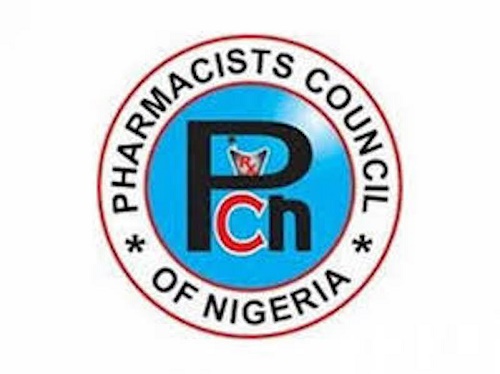

By Titilayo Kupoliyi
Drugs are inestimable components in healthcare system worldwide; underscoring the vital role Pharmacy continues to play in keeping people fit or speeding up recovery.
The ancient art of Pharmacy probably began when someone somewhere first thought of applying the juice from leaves to heal a wound.
Greek legends written centuries ago spoke of gods being apothecaries or pharmacists.
The Greek god of healing, Asclepius, delegated the compounding of his remedies to Hygieia, his apothecary or pharmacist.
For the longest time, healing and pharmacy went hand-in-hand and were often thought of as the same practice.
The line between Pharmacy and Medicine began to be defined by the eighth century and was firmly established by the time the 17th century rolled along.
Now, physicians could no longer prepare medications for their patients themselves.
The field transformed yet again with the onslaught of World War II. New drugs were constantly introduced into the market, and the role of the pharmacist became more defined than ever.
Beyond doubt, pharmacy is essential for access to health, a safe supply chain and the responsible use of medicines.
COVID-19 also presented undeniable evidence of the capabilities of the pharmacy profession to support health systems.
According to FIP, member organisation, the American Pharmacists Association, for example, during the pandemic pharmacy teams in the USA provided over 350 million clinical interventions in the form of COVID testing, vaccination, treatment and in-patient care.
Statistics by The International Pharmaceutical Federation, FIP, shows that there are Four million people engaged in the profession globally.
Today’s pharmacist performs multiple vital duties. Their tasks include identifying and providing people with the right medication, overseeing stocking and restocking of medicines, and staying ahead of medicine expiry dates.
This perhaps prompted the International Pharmaceutical Federation (FIP) to set aside every 25th September which coincided with the establishment of the organisation to honour all pharmacists.
At a time when health systems around the world are recovering from the COVID-19 crisis and general consensus is that urgent action is needed for health services to meet future needs, this year’s World Pharmacists Day campaign presents opportunities to increase awareness of pharmacists as an intelligent solution.
It is stating the obvious that role of Pharmacists in healthcare has changed significantly over the previous half-century, from dispensing to providing direct patient-oriented services unrelated to dispensing.
The Pharmacist Council of Nigeria, PCN, has estimated the number of qualified pharmacists in the country to be 20,000.
PCN offers unique expertise to members of the profession with a distinct set of abilities that enable them to play a variety of roles in developing the Nigerian health system.
Pharmacy and community pharmacists play an important role in the public health system by providing prescription and over-the-counter (OTC) medication with professional counseling, participating in health care programs, and maintaining contact with other healthcare professionals in the health care system.
In addition to being open to the public, pharmacists are responsible for the safe and effective administration of pharmaceuticals, participate in health screening and monitoring programs, and are responsive to the requirements and preferences of patients.
Unfortunately, there are fewer studies on the roles that pharmacists play in improving the Nigerian health system.
Sadly, the brain drain in the health sector has not left out the pharmacists.
This is attributed to the mass exodus of pharmacists overseas for greener pastures.
Reports show that over 5,208 pharmacists left the country in the last five years.
They migrated to countries like the United Kingdom (UK), United States of America (USA), Australia, Canada and Saudi Arabia.
According to the Pharmaceutical Society of Nigeria, currently, there is a ratio 1 Pharmacist to 14,000 Nigerians.
According to World Health Organisation, WHO, the acceptable and recommended ratio of pharmacists to the population is one pharmacist to 2,000 of the population.
Pharmaceutical Society of Nigeria (PSN) has charged the federal government to stem the tide of mass exodus of pharmacists overseas for greener pastures.
At this juncture, there is urgent need for the government to look into measures that will encourage pharmacists to desist from moving out of the country enmasse.
It would not be out of place for the government to enhance the welfare of pharmacists by making the working environment more conducive, providing sophisticated work tools and good pay packages.